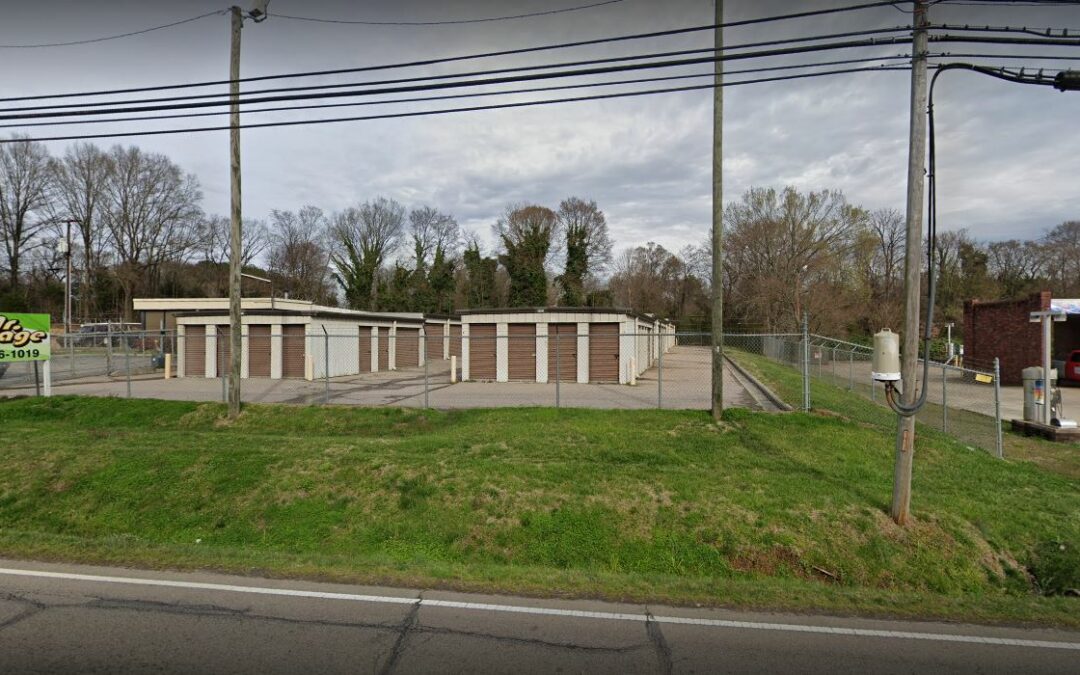Mini-storage units can help secure personal property
Mini-storage units in Harrisburg NC can help mitigate some risks that come with long-term storage. When it comes to storing valuable possessions, especially books, many individuals turn to storage units as a solution. However, while storage units offer convenience and additional space, they also pose potential risks to the items stored within them. Books, in particular, require careful consideration when being stored in such environments due to their susceptibility to damage from various factors. In this article, we delve into the question: Will books get damaged in a storage unit? To answer this query comprehensively, we will explore the potential risks that books face in storage units and guide how to mitigate these risks effectively.
Environmental Factors:
One of the primary concerns when storing books in a storage unit is the environmental conditions within the unit. Books are sensitive to fluctuations in temperature and humidity, which can lead to irreversible damage if not controlled properly. Extreme heat, excessive moisture, or prolonged exposure to fluctuating conditions can result in mold growth, warping of pages, and deterioration of paper quality.
Storage units, especially those without climate control, are particularly susceptible to temperature and humidity fluctuations. During hot summers or cold winters, temperatures inside storage units can reach extremes, potentially causing damage to books stored within. Additionally, storage units located in areas prone to high humidity levels, such as coastal regions, pose an increased risk of moisture damage to books.
Pest Infestation:
Another significant risk factor for books stored in units is the potential for pest infestation. Rodents, insects, and other pests are attracted to dark, undisturbed environments like storage units, making books vulnerable to damage from gnawing, nesting, and fecal matter. Pests can quickly destroy the pages of books, rendering them unreadable and irreparable.
Physical Damage:
In addition to environmental and pest-related risks, books stored in storage units are also susceptible to physical damage. Improper packing or stacking of books can result in bent covers, creased pages, and spine damage. Furthermore, if books are not adequately protected from shifting or falling objects within the unit, they may suffer from tears, rips, or other forms of structural damage.
Security Concerns:
Security is another factor to consider when storing books in a storage unit. While most storage facilities have security measures in place, such as surveillance cameras and access control systems, there is always a risk of theft or vandalism. Storing valuable or rare books in a unit without adequate security measures increases the likelihood of loss or damage due to theft or malicious intent.
Mitigating Risks and Protecting Books in Storage Units
While storing books in a storage unit presents various risks, there are several measures that individuals can take to mitigate these risks and protect their valuable collections effectively. By implementing the following strategies, book owners can minimize the chances of damage and ensure the preservation of their books during storage:
- Choose a Climate-Controlled Unit:
Opting for a climate-controlled storage unit is one of the most effective ways to safeguard books against temperature and humidity fluctuations. Climate-controlled units maintain stable temperature and humidity levels, creating an environment conducive to preserving books and preventing mold growth, warping, and deterioration.
- Use Proper Storage Containers:
When packing books for storage, it is essential to use appropriate storage containers that provide adequate protection against environmental factors and pests. Sturdy cardboard boxes or plastic bins with tight-fitting lids are ideal for storing books, as they help shield them from moisture, pests, and physical damage.
- Elevate Books Off the Floor:
To minimize the risk of moisture damage from ground-level flooding or spills, it is advisable to elevate books off the floor of the storage unit. Placing shelves, pallets, or wooden blocks underneath storage containers can help keep books elevated and prevent them from coming into direct contact with any potential moisture sources.
- Implement Pest Control Measures:
To deter pests from infesting storage units and damaging books, it is essential to implement effective pest control measures. This may include using pest repellents, setting traps, sealing entry points, and regularly inspecting stored items for signs of pest activity. Additionally, avoiding storing food items in the unit can help reduce the attractiveness of the space to pests.
- Organize and Secure Books Properly:
When arranging books in the storage unit, prioritize proper organization and securement to prevent shifting or falling. Store books upright or flat, avoiding overcrowding and ensuring that heavier items are placed at the bottom to prevent crushing lighter ones. Using bookends or dividers can help maintain stability and prevent damage from shifting.
- Choose a Secure Facility:
Selecting a storage facility with robust security measures is crucial for safeguarding books against theft or vandalism. Look for facilities equipped with surveillance cameras, access control systems, and on-site staff to deter unauthorized access and monitor the premises effectively.
In conclusion, while storing books in a storage unit carries inherent risks, proactive measures can be taken to minimize these risks and ensure the preservation of valuable collections. By understanding the environmental, pest-related, physical, and security risks associated with storage units, book owners can implement effective strategies to protect their books during storage. Choosing a climate-controlled unit, using proper storage containers, elevating books off the floor, implementing pest control measures, organizing and securing books properly, and selecting a secure facility are essential steps in safeguarding books against damage in storage units. With proper care and attention to detail, books can be safely stored in storage units for extended periods, preserving their integrity and value for years to come.
Rent the best mini-storage units in Harrisburg NC
Mr. Storage is locally owned and managed with affordable pricing. We have storage facilities in Concord, Salisbury, Harrisburg, Kannapolis NC, and Midland. Contact us today to reserve your unit.

